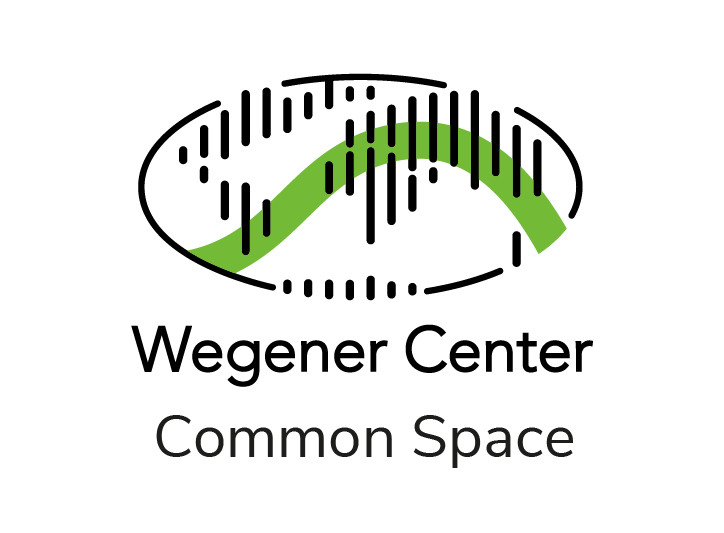Do extreme weather events adversely affect educational outcomes of kids in India? To address this question, we link school records across India with information on local weather conditions with a special focus on extreme heat. Both, cumulative heat exposure and exposure to higher temperatures during examinations adversely affect education and students’ performance. By making use of the geo-coded address of schools in combination with fine-scaled weather information over four school years, we thus can track the success of students over several years keeping variation other than weather-impacts constant. Preliminary results show that a constant increase in temperature by merely 0.5°C means a drop in the number of students passing the exam by 1% (25,554) and a drop in the number of highest grades (“distinctions”) of almost 4% (522,667) hinting towards a sizable potential loss in human capital. The effect on the probability of passing the exam is increasingly negative for higher temperature brackets, and the effect is largest for days with a maximum temperature of above 40°C. Finally, we exploit canopy-height data to provide preliminary evidence that vegetation in the proximity of the schools has a mitigating effect that increases with canopy height and forest cover density.
Francesco Scarazzato is a teaching and research associate at the Department of Economics at the WU Wien, where he is also a PhD candidate. He was previously a visiting researcher at the Mercator Research Institute on Global Commons and Climate Change (MCC) in Berlin. His research interests include energy economics, environmental economics and applied econometrics.
